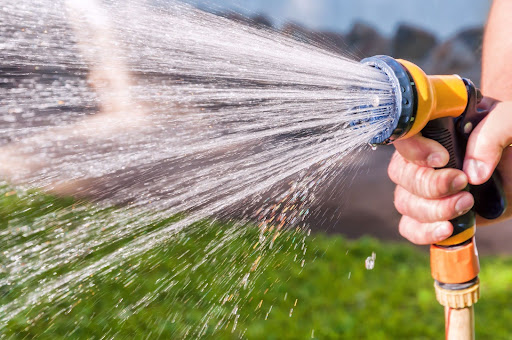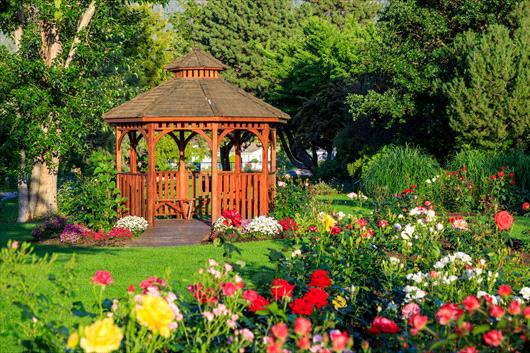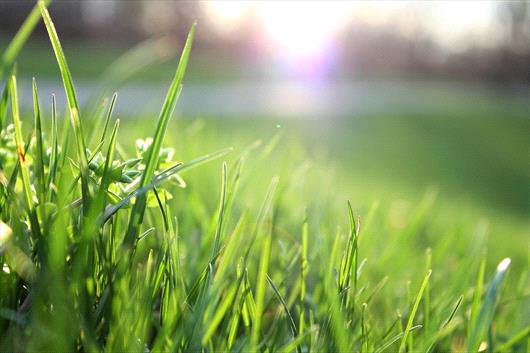Your Cart

Best Watering Practices to Beat the Summer Heat
Jul 02, 2024
As the summer heat intensifies, one of the most critical aspects of maintaining a healthy garden and lush green lawn is proper watering. Efficient watering practices not only promote vibrant plant growth but also conserve water and minimize the risk of water-related stress on your plants. Here are some essential tips and best practices to help you beat the summer heat and keep your plants thriving: Water Early in the Morning: Water your plants early in the morning, between 5 and 9 am. This allows plants to absorb moisture before the heat of the day increases evaporation, so more water reaches the roots where it's needed most. Water Deeply: Water deeply and less frequently rather than shallowly and more frequently. Deep watering encourages plants to develop deeper root systems, which helps them access moisture stored deeper in the soil. Deep, healthy roots make plants more resilient to drought conditions and less dependent on frequent watering. Use Mulch to Retain Moisture: Apply a layer of organic mulch (such as shredded bark or compost) around plants and over garden beds. Mulch helps retain soil moisture, reduces evaporation, and regulates soil temperature. Additionally, mulch suppresses weed growth, which can compete with your plants for water and nutrients. Water at the Base of Plants: Direct your watering efforts at the base of plants rather than overhead. Watering at the base reduces water waste and ensures that moisture reaches the root zone where it is most beneficial. Wetting the foliage, on the other hand, can lead to increased risk of fungal diseases, especially in humid climates. Consider Drip Irrigation or Soaker Hoses: Install drip irrigation systems or use soaker hoses to deliver water directly to the soil around plants. These systems minimize water loss through evaporation and runoff, delivering water precisely where it's needed. Some systems can be automated with timers, ensuring consistent watering even when you're not available to manually water. Monitor Soil Moisture: Monitor soil moisture levels regularly, especially during hot weather. Use a moisture meter or simply dig a few inches into the soil to assess moisture depth. Adjust your watering schedule based on soil moisture levels and weather conditions. Avoid watering unnecessarily if the soil is still adequately moist. Group Plants by Watering Needs: Group plants with similar water requirements together in your garden beds. This allows you to water more efficiently, providing appropriate moisture levels without overwatering or underwatering different types of plants. Use Rainwater When Possible: Collect rainwater in barrels or tanks and use it to water your plants during dry periods. Rainwater is free of chemicals like chlorine and fluoride found in tap water, making it beneficial for plant health. Adjust Watering Based on Plant Growth and Seasonal Changes: Recognize that watering needs may change throughout the growing season. Adjust your watering schedule based on plant growth stages, weather patterns, and temperature fluctuations. Conservation and Sustainability: Practice water conservation techniques and sustainable gardening practices to minimize water usage and support the health of your garden ecosystem. Consider planting native species that are adapted to your local climate and require less water once established By incorporating these best watering practices into your gardening routine, you can effectively combat the summer heat and ensure your plants remain healthy, vibrant, and resilient throughout the hottest months of the year. Remember, consistent monitoring and adjustments are key to successful watering in any season. With these tips, you'll be equipped to maintain a thriving garden oasis even during the dog days of summer. And if you have any questions regarding your lawn watering regiment or any other summer lawn care practices, give us a call! We’re happy to discuss the best recommendations suited to the conditions of your lawn.





